I started at RFE/RL in the summer 1997 as part of a team of news editors, writing copy for the radio’s internal newsfeed: the “A-Wire.” It was our job to monitor the major wire services, like the Associated Press and Reuters, for news reports of interest to our listeners, scattered across Eastern Europe, the Caucasus and Central Asia. We’d re-write the wire reports into 40-second, broadcast-ready bites in English that the various language services could translate and incorporate into their own top-of-the-hour news bulletins.
I was happy in the role and not looking to change positions, but a couple of years later, toward the end of 1999, I received a surprise phone call from one of RFE/RL’s broadcast directors, Michele Dubach. I was home in Ohio at the time for the Christmas holidays. The head of our newsroom, earlier that year, had announced that he planned to step down and Michele was calling to ask if I might be interested in filling the vacancy temporarily until a permanent replacement could be found. I jumped at the chance (and later wound up as the newsroom’s deputy managing editor).
It proved to be a timely promotion. I returned to Prague a few days later, just as then-Russian President Boris Yeltsin announced his own resignation and was replaced in office by the country’s relatively obscure prime minister: a quiet, unassuming guy named Vladimir Putin.
The following years saw a steady stream of major international headlines that kept our newsroom very busy. Those stories included the fall of Serbian leader Slobodan Milošević in October 2000, the 9/11 terrorist attacks in September 2001, the subsequent U.S.-led wars against the Taliban in Afghanistan and Saddam Hussein in Iraq, and many, many others.
Despite this flow of major stories, it’s fair to say our newsroom was transfixed by Putin’s Russia. Of course, there was Russia’s war against separatists in Chechnya, its second conflict in the breakaway republic in a decade, that generated plenty of horrific international headlines. What mainly caught our attention, though, were the many unexpected (and tragic) national stories that, more often than not, included an absurdist element that felt like they could only have come from Russia.
One of the first big stories we covered took place in the run-up to Putin’s accession to the presidency: a string of unsolved apartment bombings that rocked Russia in September 1999 and killed more than 300 people. The bombings had taken place during the relatively short window that year when Putin served as prime minister. The blasts were officially blamed on Chechen separatists, but rumors coming out of Russia at the time, incredibly, implicated the country’s own intelligence services. The bombings may very well have been an early example of a Kremlin “false flag” operation that we’ve all come to know so well. Putin used the blasts, and very likely the senseless deaths of 300 people, as a pretext to launch his own Chechen war.
In August 2000, the Russian nuclear-powered submarine, the Kursk, exploded and sank in the Barings Sea, killing all 118 crewmen on board. Astonishingly, the Russian navy was unaware of the accident for more than six hours (it was a nuclear-powered submarine!) and needed nearly a week (with foreign assistance) to locate and raise the submerged vessel. One of the great ironies of the Kursk disaster is that it might well have ended Putin’s presidency from the start. At the time of the blast, Putin was photographed sunbathing at his Black Sea holiday villa (if anyone has this photo, please send it to me). The botched salvage operation, for a time at least, savaged Putin’s public-approval ratings.
A couple of years later, in October 2002, around 50 Chechen rebels entered Moscow’s Dubrovka Theater during a performance of the musical “Nord-Ost” and took nearly 900 theater-goers hostage. It was a legitimate national tragedy and proved a challenging test of Putin’s presidency. The crisis dragged on for days before authorities decided on a highly controversial plan to pump narcotic gas through the theater’s ventilation system in order to knock out the hostage-takers. The gas (reportedly a strong opioid related to fentanyl) proved to be so toxic, however, it killed as many as 200 people. It was an epic debacle.
Two years after that, in September 2004, a similar, terrible mass-hostage-taking carried out by rebel fighters took place at a middle school in Beslan, in the southern Russian republic of North Ossetia. More than 1,000 students, parents and teachers were held for three days before Russian forces seemingly lost control of the situation and stormed the building. That operation led to the deaths of 300 to 400 people (mostly children). Putin was uncharacteristically absent throughout much of the crisis but later used the hostage-taking as a pretext to crack down on civil liberties, especially pertaining to darker-skinned individuals who might look like they’re from the North Caucasus.
As astonishing as these stories were, for sheer bizarreness, though, they paled in comparison to a Russia tale involving one of RFE/RL’s own correspondents, Andrei Babitsky. Babitsky was a storied – and later highly controversial -- Radio Liberty reporter who gained an international reputation in the 1990s as a vocal critic of Russia’s wars in Chechnya. Instead of towing the Kremlin line that the war was going well, he often reported on Russia’s military failures and the high cost of the war to Chechen civilians. In January 2000, just a few weeks into my surprise newsroom promotion, Babitsky vanished into thin air while on assignment in the North Caucasus. The crisis dragged on for more than a month.
There’s not enough room here to recount all the strange details of what happened to Babitsky – and I’m not sure I know the entire story to this day – but I do recall sitting in on days of frantic, high-level crisis meetings in Prague with RFE/RL’s upper management and U.S. officials from Washington. Everyone was trying to figure out who might be holding Babitsky, where he was and whether or not he might still be alive (no one had any idea). I also recall the considerable amount of anxiety that spread throughout the entire staff as we worried over the fate of one of our own.
Because of Babitsky’s critical reporting on Russia’s role in Chechnya, the main suspect in his disappearance, understandably, was the Russian government or rogue elements connected in some way to the Kremlin or the intelligence services. The Russians, for their part, initially denied any knowledge of Babitsky’s whereabouts and even ventured an unconvincing theory that he’d been captured by Chechen rebels. About two weeks into the crisis, though, the Russian government did an about-face and admitted that they were holding Babitsky in a detention facility in the North Caucasus. Instead of offering an explanation about what had happened to him (or releasing him so that he could return to Prague), the Russian intelligence services (the FSB) published a crude (and possibly staged) video showing Babitsky as part of a prisoner-of-war exchange between Russians and Chechens. In the video, Babitsky is swapped for two Russian soldiers. It was totally surreal.
After several more days of uncertainty and frantic meetings, a second video appeared out of the ether. This one showed Babitsky apparently still alive but looking exhausted and frightened. It wasn’t immediately clear from the footage where he was or who was holding him (the Chechens, for their part, denied any involvement). The crisis finally ended in late-February, when the Russian government announced out of the blue they had arrested the reporter in the southern city of Makhachkala for allegedly traveling on a forged passport. He was eventually freed and allowed to return to Prague.
Whether Babitsky had been the victim of an elaborate Russian kidnapping ruse or if, indeed, he had been handed over to Chechen fighters, one thing is clear: Putin’s Russia certainly didn’t (and still doesn’t) play by normal rules.
(Click here to find Part 1).
As a short aside, I discovered during researching this post that Babitsky unexpectedly passed away on April 1, 2022, at the age of 57. I had lost track of him and his journalism career ages ago. After being so critical of Putin and Russia’s war in Chechnya earlier in his life, he had clearly moved closer to the official Russian position in more recent years. According to this obituary, at the time of his death, he’d been living in Donetsk and working for the pro-Russian, separatist television channel “OPLOT.”
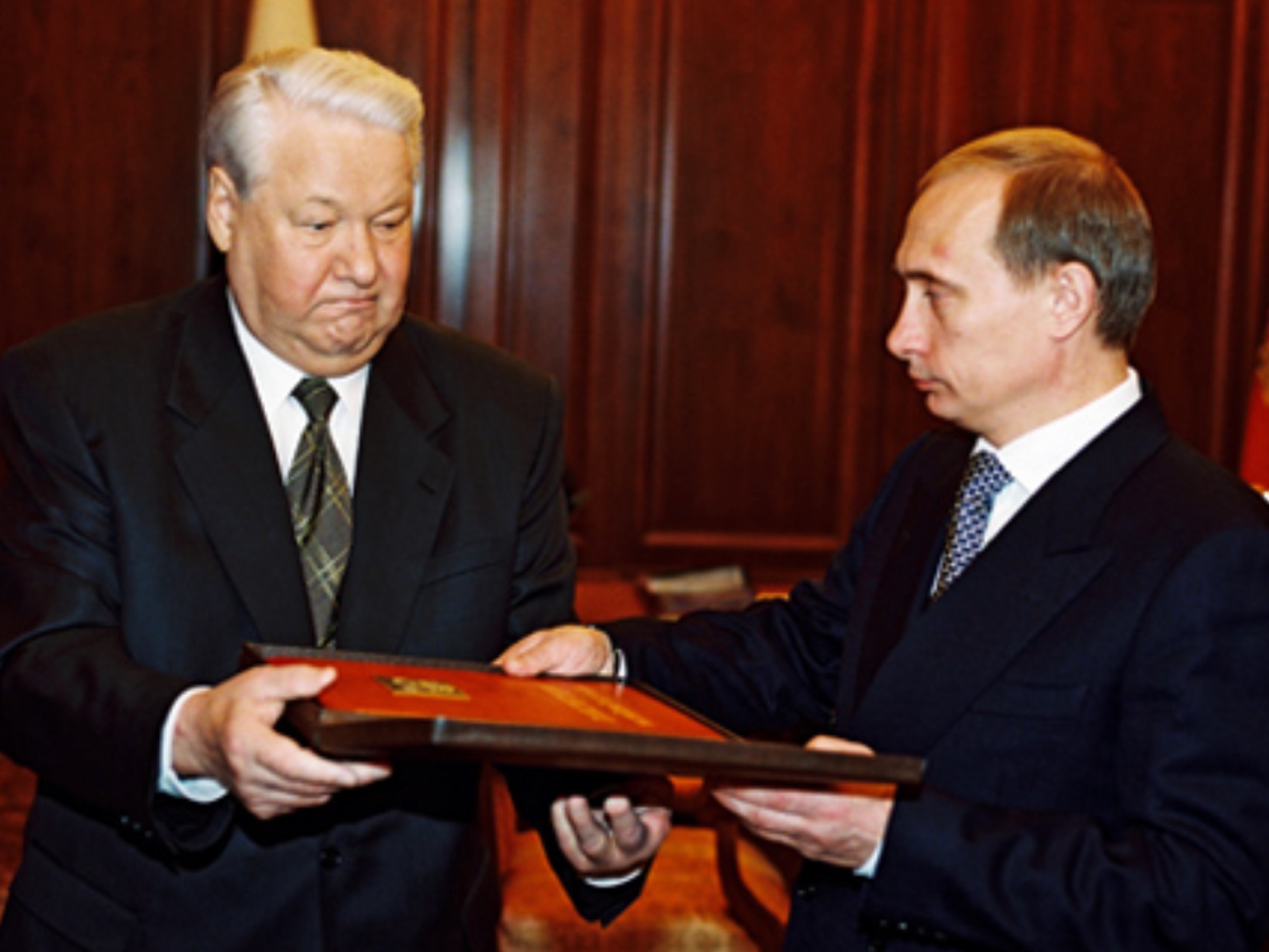
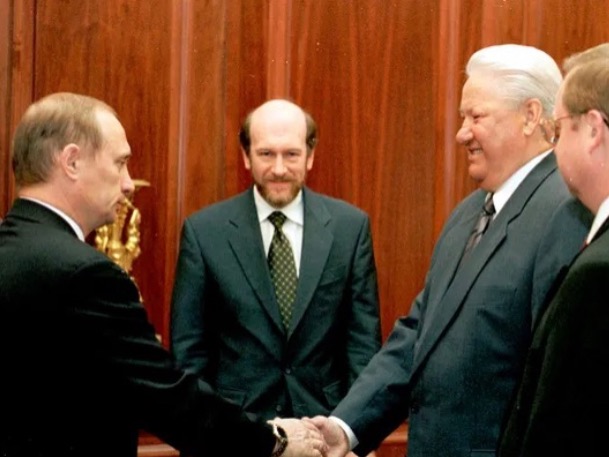



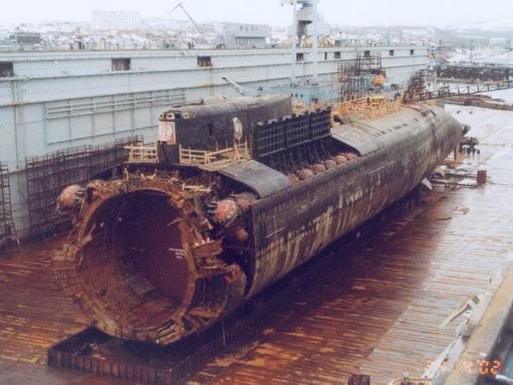
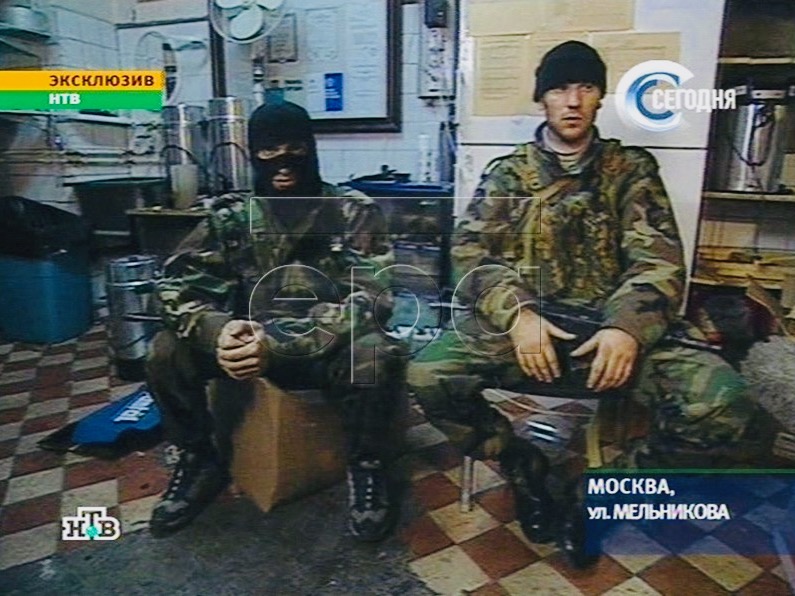
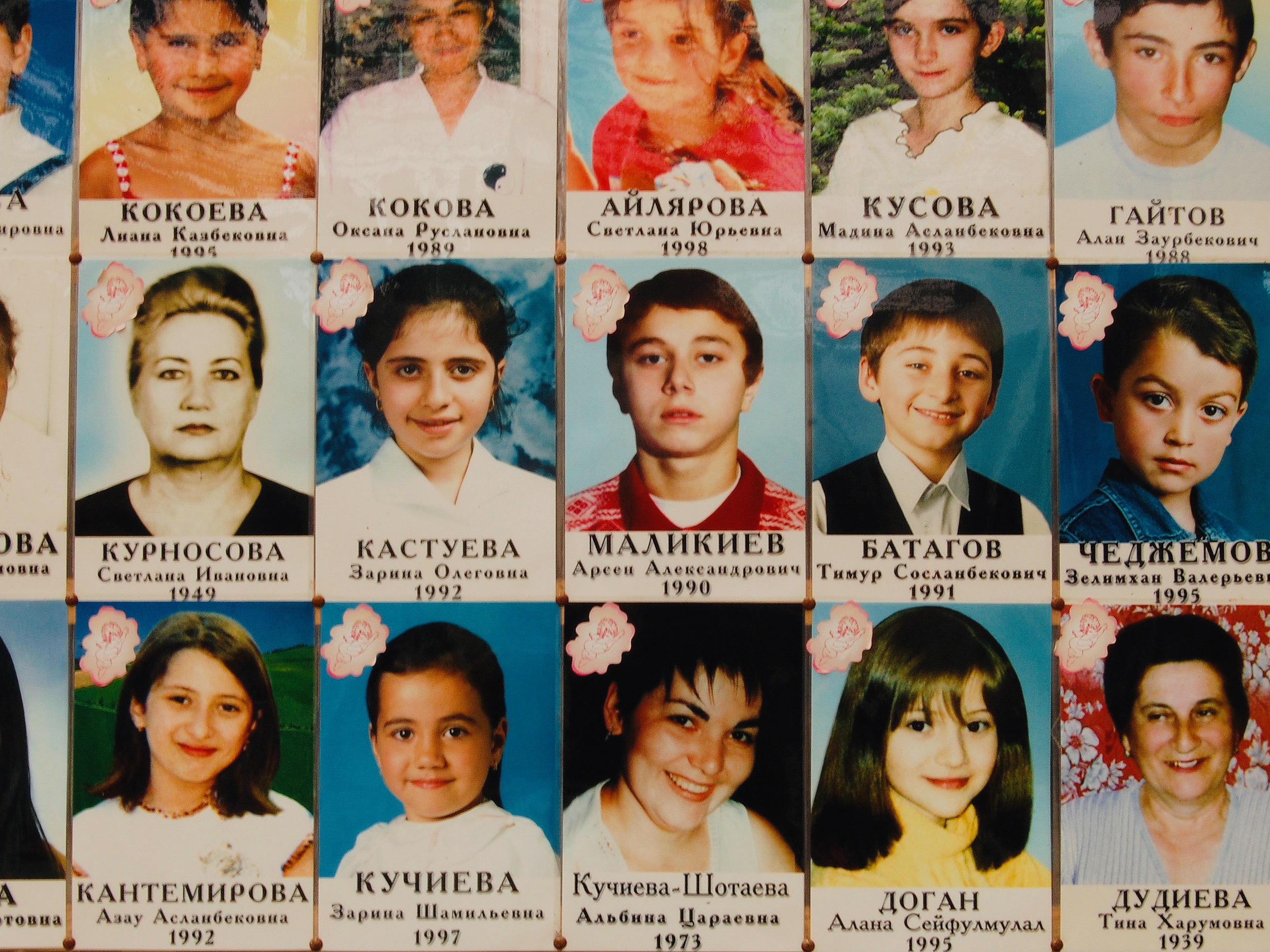
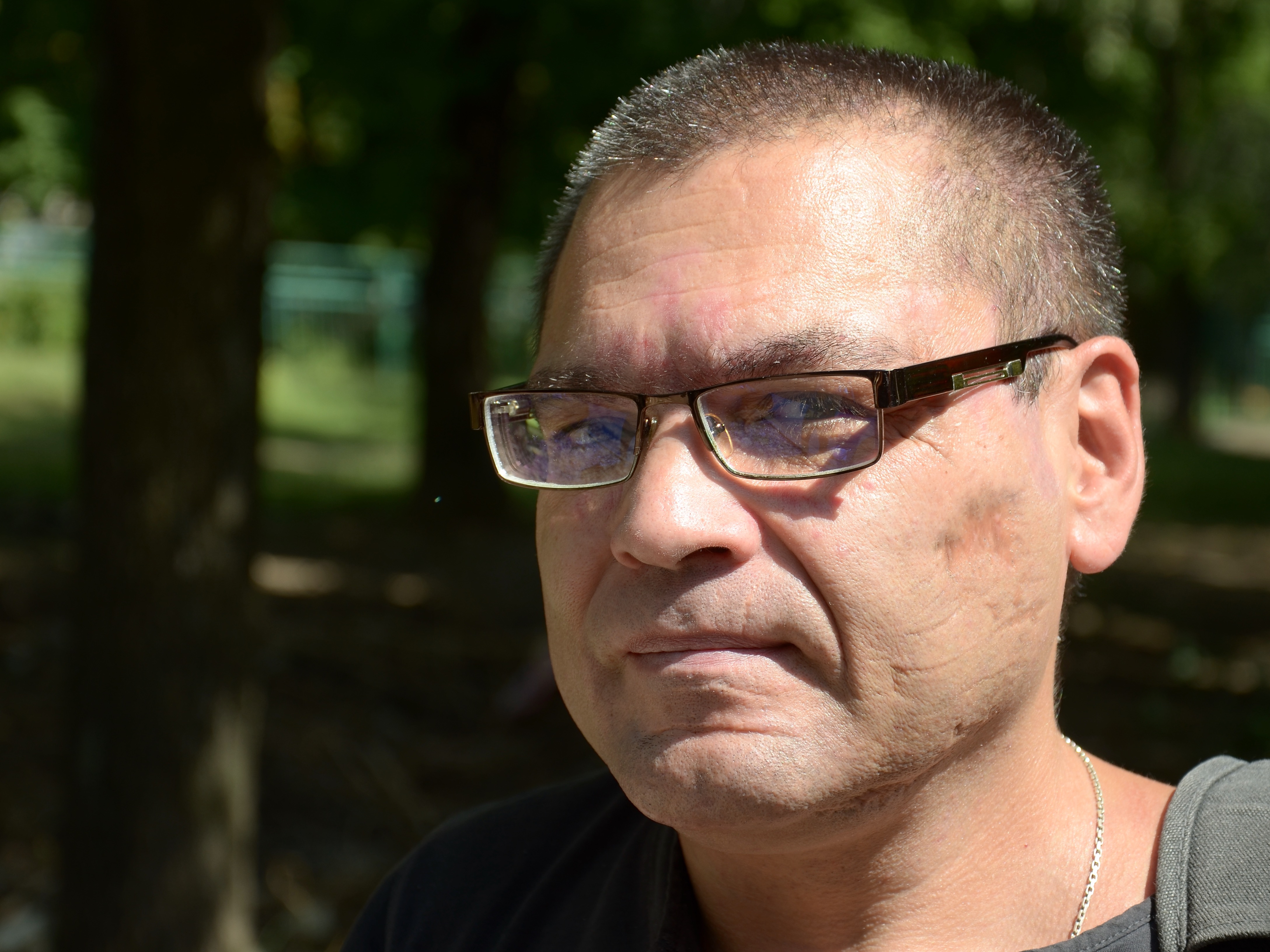

Wonderful to see how so many of us explored the world after a special childhood on Lakeshore Drive, Truesdale Rd., and Gillian Lane bordering Lake Newport!
Wonderfully written and I hope more to come!
Hi Homero,
Great to hear from you and I’m so happy you liked the stories. Mark